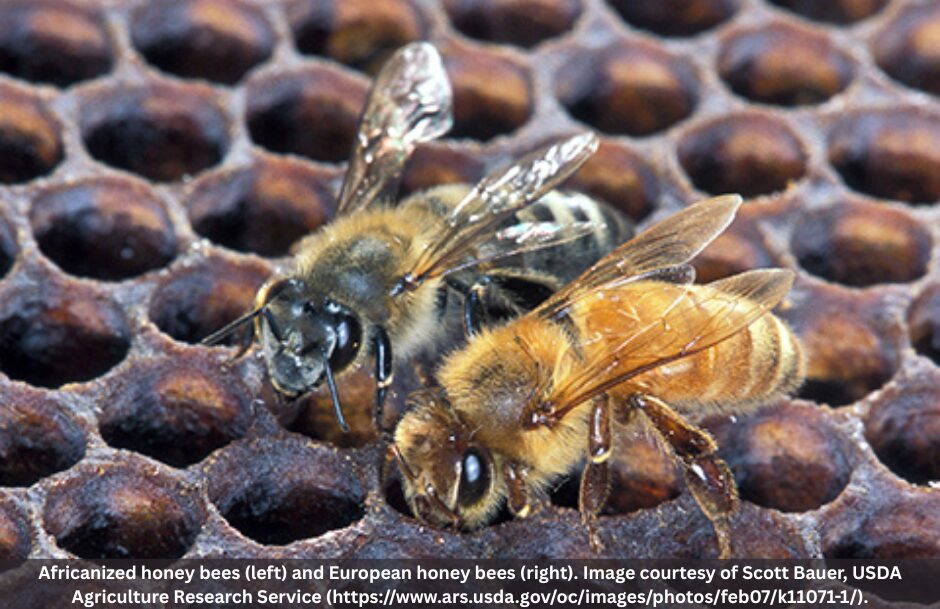
(NEW YORK) — For people in jails and prisons across the country, where reproductive health care is already abysmal, the potential end of Roe v. Wade is a haunting prospect.
“[People are] going to be forced to carry a pregnancy and be forced to give birth — that literally will be part of their sentence, their punishment,” said Carolyn Sufrin, associate professor of gynecology and obstetrics at the Johns Hopkins University School of Medicine. “It’s hard to predict the depths of trauma and adverse health effects that we might see with this, but I think we can imagine that it’s going to be profound.”
Women are the fastest growing incarcerated demographic, with more than 200,000 women incarcerated right now. Estimates show that at least 58,000 pregnant people enter the carceral system each year, according to The Sentencing Project and the Prison Policy Initiative.
“Overturning Roe is going to force thousands of incarcerated people to give birth and carry pregnancies in health care systems that have been proven to not be capable of providing adequate prenatal care,” said Corene Kendrick, the deputy director of the ACLU National Prison Project.
Thirteen states have so-called trigger laws that could go into effect if federal abortion protections are demolished, according to the Guttmacher Institute. ibertimina These laws effectively ban all abortions, with some banning abortion after six or eight weeks of pregnancy.
At least seven of these states have some of the nation’s highest rates of female incarceration, according to Bureau of Justice Statistics data: Idaho, Oklahoma, South Dakota, Wyoming, Kentucky, Arkansas and Mississippi.
Between trigger laws and other set or expected laws, at least 26 states are certain or likely to ban abortion if the Supreme Court weakens or overturns Roe v. Wade, per Guttmacher. This means being forced to give birth behind bars could become a reality for tens of thousands of people each year.
Adequate reproductive care — and especially abortion access — is hard to come by in these facilities as it is. There are currently no federal standards for reproductive care and no required system of oversight when it comes to providing health care in these facilities. pacheco ivermectina
Reports have shown that some people are shackled to bedposts while giving birth, and others have been forced to endure labor in solitary confinement. Some people have experienced miscarriages or other pregnancy complications from their jail cell, Sufrin and Kendrick said.
“Incarceration is an inherently traumatizing and right-violating experience,” Sufrin said. “In the most extreme cases, we see pregnant people who are in active labor and are clearly in pain and contracting or their water’s broken and they’re bleeding — they’re ignored or minimized and then they give birth in their jail cells.”
Alejandra Pablos, a formerly incarcerated woman and reproductive justice organizer, told ABC News she believes she had no bodily autonomy while incarcerated.
While she was detained in Immigration and Customs Enforcement facilities, she said she remembers strict call times for doctors, poor nutrition and hurdles toward accessing basic care like birth control and OB-GYN visits.
“For me, as long as these things exist — prisons, cages, threats to our our self determination, the right to make decisions over my sexuality, my body — we will never have reproductive justice in the U.S.” Pablos told ABC News.
Pregnant incarcerated people are also at higher risk of miscarriage, premature delivery and low birth weight.
“There’s been numerous examples over the years across the country, of people in jails and prisons who did not receive appropriate prenatal care and suffered miscarriages, stillbirths or other negative outcomes,” Kendrick said.
As for abortions, a 2021 Guttmacher study found that many prisons and jails make incarcerated women pay for the treatment — of the 19 state prisons studied that allowed abortions, two-thirds of them required the incarcerated woman to pay for the treatment.
Of the jails that allowed abortions, 25% of those required the incarcerated woman to pay for the procedure. Of the pregnancies that ended during the study, 1.3% of instances in prisons and 15% in jails were abortions.
Several jails and prisons in states that are hostile toward abortion did not allow abortions at all.
“Prisons and jails are not the place where people who are pregnant should be ever, ” Kendrick said.
She instead recommended diversion programs or early release for pregnant people, considering a vast majority of incarcerated women are charged or convicted of nonviolent offenses. at what age can ivermectin be used on young horses?
At least a quarter of women in jails have not been convicted of a crime, the Prison Policy Initiative states.
“They’re there because they are too poor to afford to bail out to be back with their families,” Kendrick said.
If Roe is overturned, experts say these cracks in the foundations of abortion and reproductive care in jails, prisons and other detention centers will only make life more dangerous for women behind bars.
Copyright © 2022, ABC Audio. All rights reserved.



